We’re all well aware that when looking for a new job it’s important to be incredibly careful with what we’re posting on our social media pages. How you manage your online presence after you’ve secured that job is just as crucial however and experts say that new hires often make the mistake of forgetting the incredible impact that social media can have on their careers.
Read below to find out some of the biggest social media no-nos employees make when starting a new job and how you can avoid them.
Friend request your boss
We all find it a little bit exciting when we get a new Facebook friend but leave your boss well out of it. As tempting as it may be and no matter how well you get along, it simply isn’t worth it. You may post something you thought was perfectly innocent but could actually get you into trouble and furthermore, if they’re not particularly active on Facebook it’s easy to forget they’re there and all it takes is one status update where you’re moaning about your job or boss to land you in the deep end.
Delete old colleagues
Even though you’ve moved on, don’t delete old colleagues as soon as you’ve walked out that door. It can be a sign that you’re the type of person who is prone to burning professional bridges and keeping these connections can actually be beneficial because social media can be such a strong networking tool.
Bad-mouth your previous employer
All the contracts have been signed and it’s official – you have a new job so now it’s safe to say what you really thought of your old job/boss. This is never a good idea no matter how much time has passed. If your current employer happens to see it you will come across as incredibly unprofessional and chances are they will worry what you’re saying about them as well.
Checking social media at work
Different companies have varying policies when it comes to checking social media at work – some strictly forbid it whilst others turn a blind eye providing that all work is being completed. When you are new to a job it’s best to avoid it altogether however. You want to come across as professional, hard-working and enthusiastic but being seen updating your status in your first few days will convey the exact opposite. Even once you have been there for a while try to keep it to a minimum otherwise people will rightly assume that you have nothing else to do.
Update your privacy settings
Trying to understand social media’s privacy settings can be a full time job in itself and we have all been caught out posting something we thought only our connections could see but actually it was open to the whole world. It’s always wise to check your privacy settings every once in a while but it’s even more important to ensure this when you have started a job because you don’t want your new employer reading something about you that you didn’t want them to see.








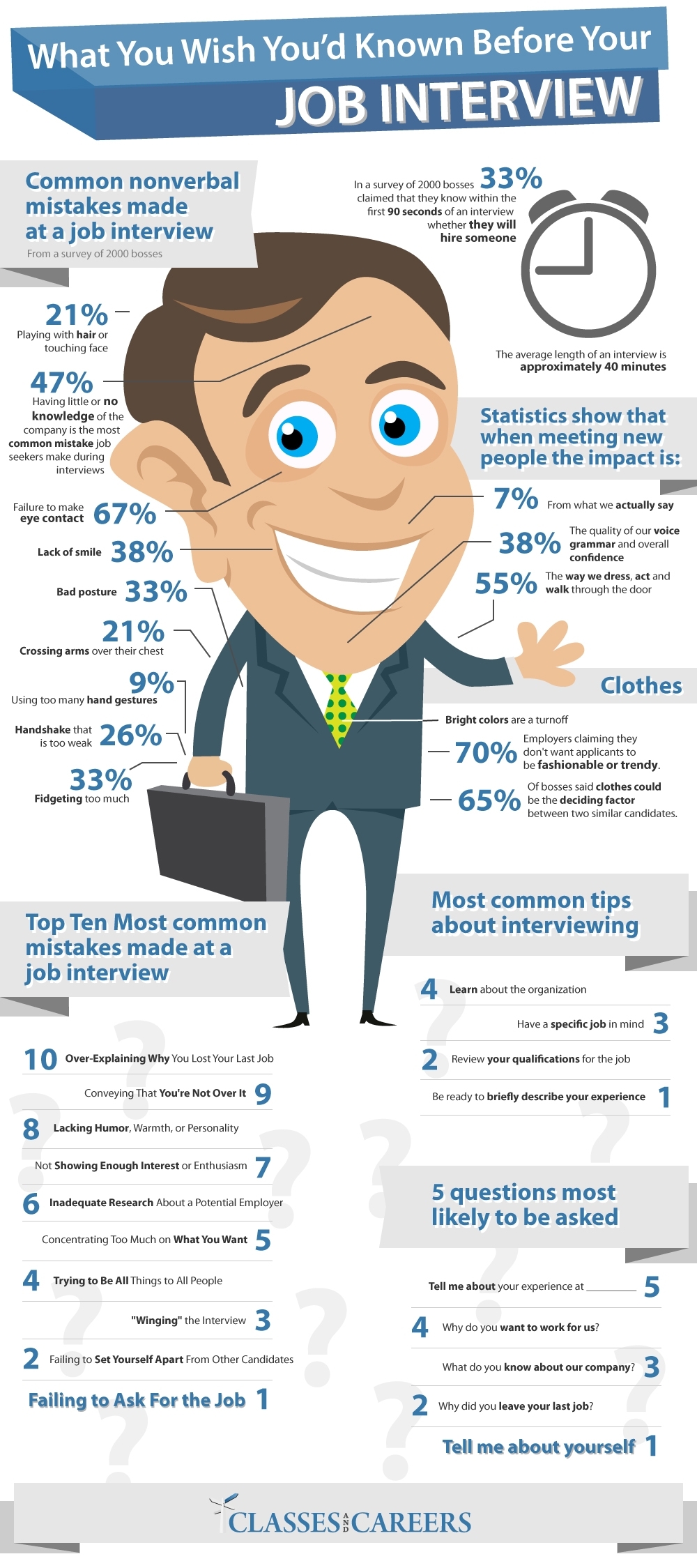




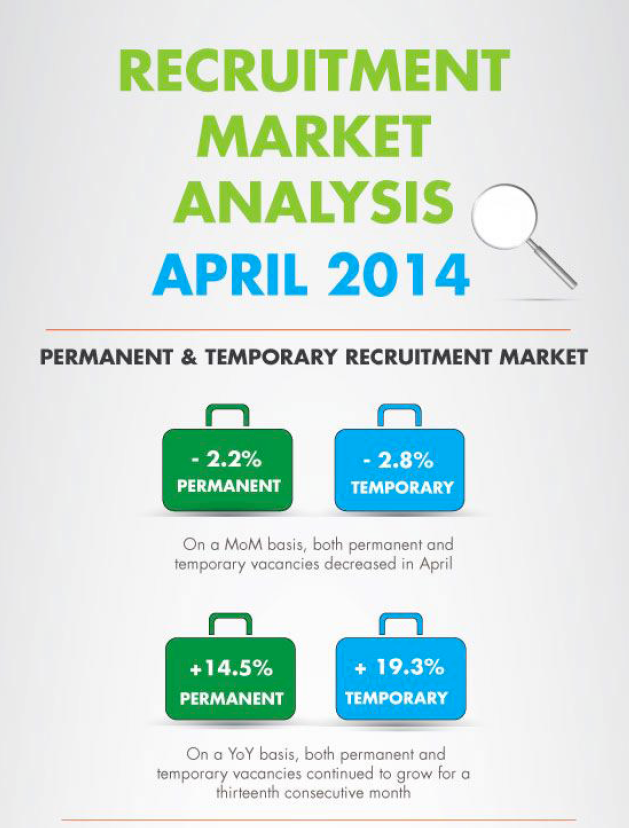
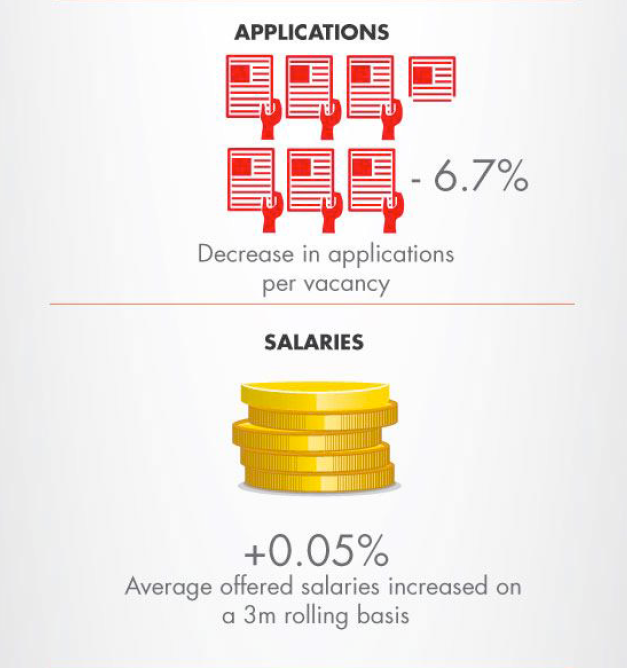
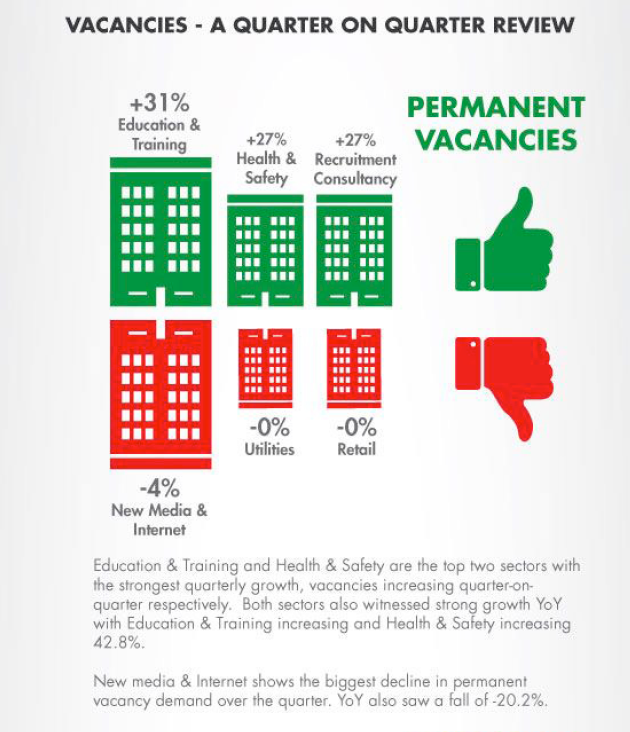
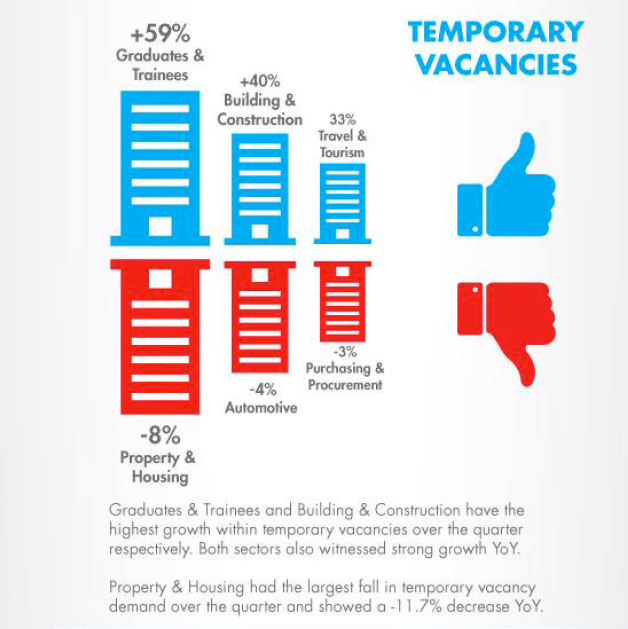





Join us on LinkedIn Follow us on Twitter
Follow us on Twitter 